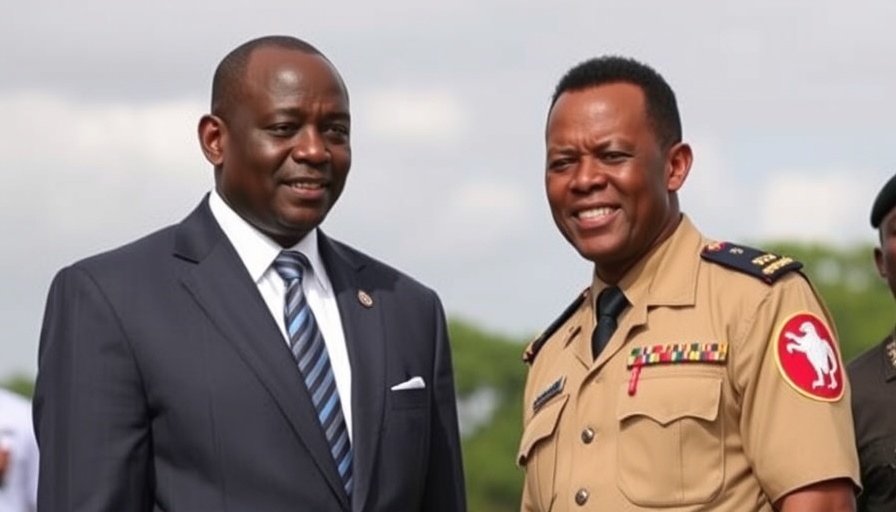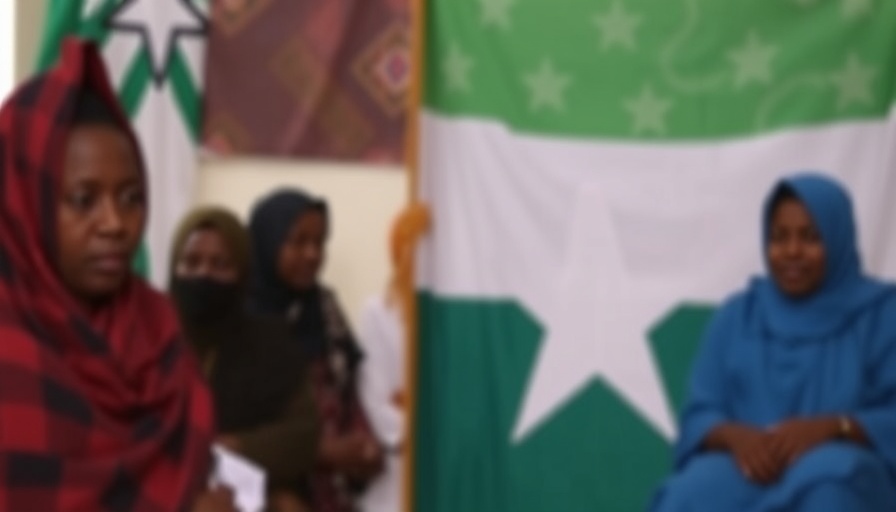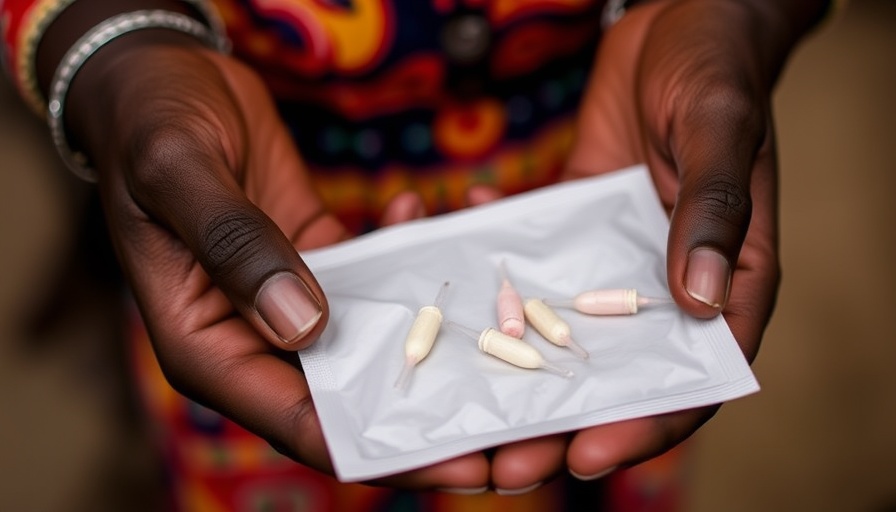
Unleashing Your Brand: The Key to Success for Women Entrepreneurs in 2025
In 2025, personal branding will be more crucial than ever for women entrepreneurs seeking to break barriers and empower themselves within their industries. It's not just about the aesthetic appeal; it's about authenticity, storytelling, and strategic networking in an era where your presence online influences your opportunities.
Why Personal Branding Matters
Personal branding serves as your digital calling card. A strong brand tells the world who you are, what you stand for, and how you can add value. Considering that over 70% of recruiters and clients are now using social media profiles to screen candidates, having a polished digital footprint can set you apart in a competitive market.
Know Your Narrative
Your brand begins with your story. Understanding your "why" is essential. What is the unique perspective you bring to the table? Reflect on the challenges you’ve overcome and articulate these with clarity—this is your empowerment narrative. According to recent studies, storytelling has become a pivotal marketing tool, appealing to audiences who seek genuine connections.
Strategies for Digital Footprint Management
As you look at your social media profiles, remember: they are your resumes. Regularly updating your bios, sharing relevant experiences, and even those lessons learned through failures will help others resonate with your journey. Content creation focused on real-life experiences enhances relatability and attracts potential collaborators and clients.
Networking in the Digital Age
In an online world, connections can be more valuable than ever. Engage actively in relevant community groups, comment thoughtfully on discussions to unleash new collaborations, and don’t hesitate to attend local events. Empowerment comes from meaningful interactions and mutual support. Networking isn’t just a numbers game—it’s about building real relationships.
Regular Self-Assessment
To maintain a powerful and relevant personal brand, audit your digital presence every few months. Is your message still aligned with your goals? This introspection is crucial as it ensures your branding evolves with you and incorporates new skills and insights.
Your Move: Take Action!
As women leading the charge in entrepreneurship and breaking gender barriers, practicing these strategies can enhance your journey. The key message is consistent: Own your story, connect genuinely, and present your authentic self boldly online and offline. Start today; identify one actionable step to elevate your personal brand this week. Share this with the SLA community and inspire each other!
Conclusion
Your personal brand is your most powerful asset. In a world that’s increasingly interconnected, the women who thrive are those who share their narratives with confidence and connection. Let's redefine success and bravely embrace our journeys and identities.
 Add Row
Add Row  Add
Add 


Write A Comment